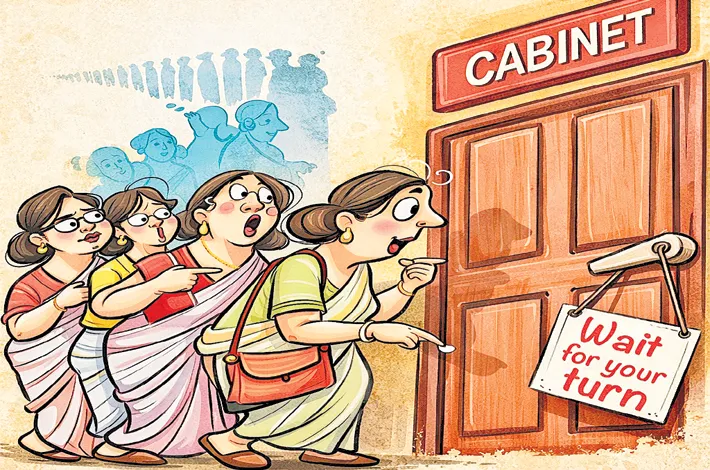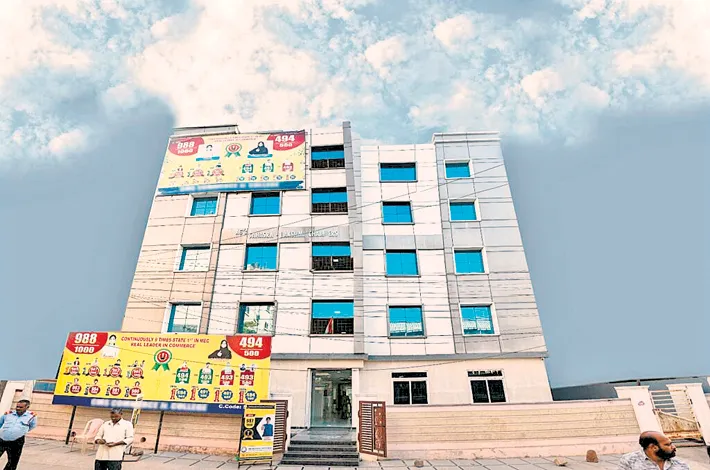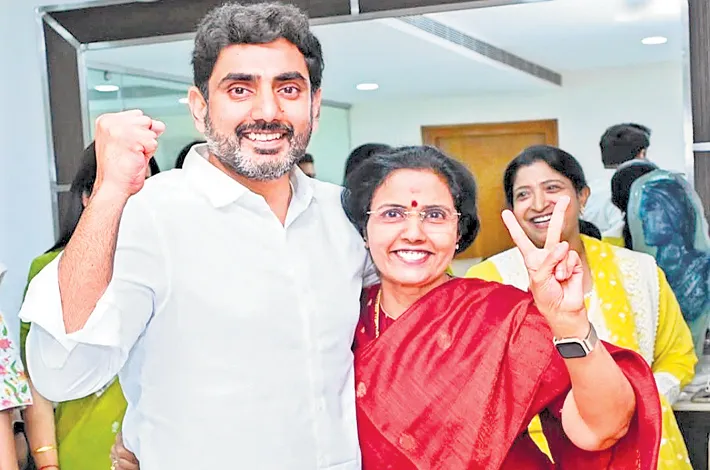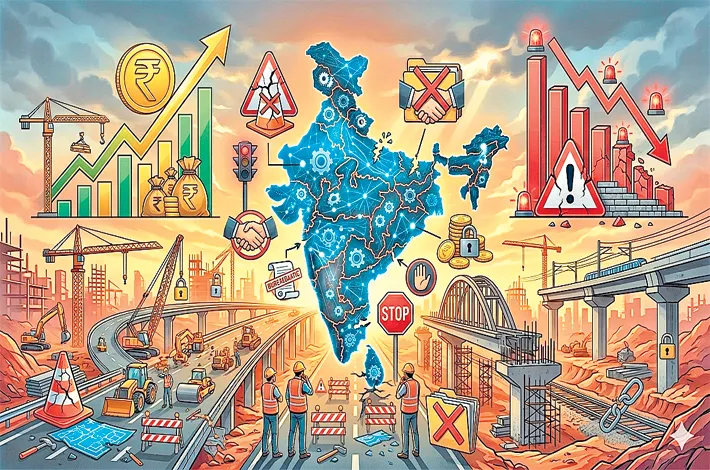Digital break necessary, Popcorn Brain Syndrome is on rise
06-11-2025 12:00:00 AM
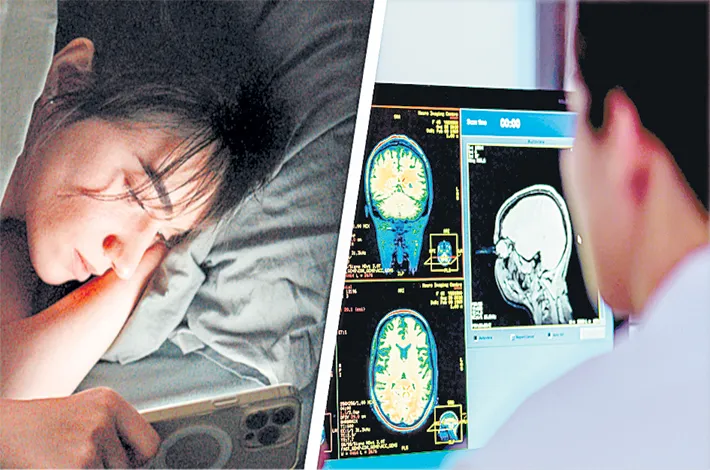
Doctors warn on the dangers of constant screen time, advice break
Hema Singuluri| Hyderabad
In a world where swipe and scroll has become the new addiction, new syndrome seems to be on rise caused by excess screen time. Doctors across Hyderabad warn on the Popcorn Brain Syndrome, a growing mental health danger, especially among youngsters. Experts say this mental state is increasingly affects teens and adults and should not be ignored.
The term was originally coined by computer scientist David M. Levy of University of Washington, describing “being so hooked on electronic multitasking that the slower-paced life offline holds no interest.” And as life moves more online through social media, gaming, and constant multitasking, doctors say that the signs are now more visible among teens than ever before.
No rest to brain
Dr. Charan Teja Koganti, MBBS, MD. Consultant Neuropsychiatrist at KIMS Hospitals, says screen time of two hours per day is normal, and up to six hours, including education and socializing, is acceptable. But beyond this, the brain can be prone to the issues like popcorn brain syndrome. He explains that although the term is not yet a medical label, it promotes is very real symptoms clustered around attention-disruption, restlessness and the lure of the mobile screen. He says the age-groups most affected are 15–30 and 20–25, with mobile devices especially implicated because of continuous scrolling giving instant gratification.
It all begins with the dopamine rush. “No one is giving rest to their brain,” he says, pointing that mobiles deliver two-second hits of excitement that condition the brain for immediate reward which is a dopamine hit. The slower activities of life – cooking, reading, doing laundry etc. have become less preferred. He points to signs such as loss of focus, anxiety, constant checking of the phone, irritability, physical restlessness (“for instance, some people keep pressing the elevator button”, he says), and feeling low when the phone is taken away.
He also noted a sharp rise in cases. “We get at least five patients a day with this issue.” Rural people are affected too, the awareness, screening and early consultation remain far less in those areas.
Digital Fasting is the need of the hour
Dr. Manjula Rao, Consultant clinical psychologist at Apollo Hospitals explained that the medical term to the condition is “attention disregulation.” She noted on constant engagement with addictive behaviors where signs like endlessly watching reels or shorts which desensitizes children and adults alike. “The younger you are, the more this syndrome affects because brain is developed completely at 21 and at young age, the brain rewires,” she explains. Relationships suffer, sleep cycles are disturbed, offline socializing is overshadowed by this digital distraction.
The brain’s ventral tegmental area (VTA), responsible for producing dopamine, is disrupted by these addictive patterns. She suggests on “digital fasting” and mindful transitions to cut down screen use gradually. “For instance, parents should put a daily routine rule to avoid phone usage after 10 for all family member”, she added.
What can be done?
The doctors emphasize lifestyle modification, counselling and in moderate cases, medications to reduce cravings and impulsivity. Socializing still matters but must be including with mindful breaks from screens. Dr. Koganti recommends slow-dopamine activities: cooking and reading. Dr. Rao suggests “digital fasting” and mindful transitions – for example, gradually reducing screen-use over a month. Schools too must join the fight: interactive sessions on how the brain is changing, not just speeches.
While the term “popcorn brain” may seem like a regular issue, the impact is serious. Teenagers glued to screens should be trading focus for meaningful conversations and deep rest for restless scrolling. The advice from the medical front is simple: reduce screen time gradually, involve in other activities and focus on mental health before small distractions become long-haul dysfunction.





